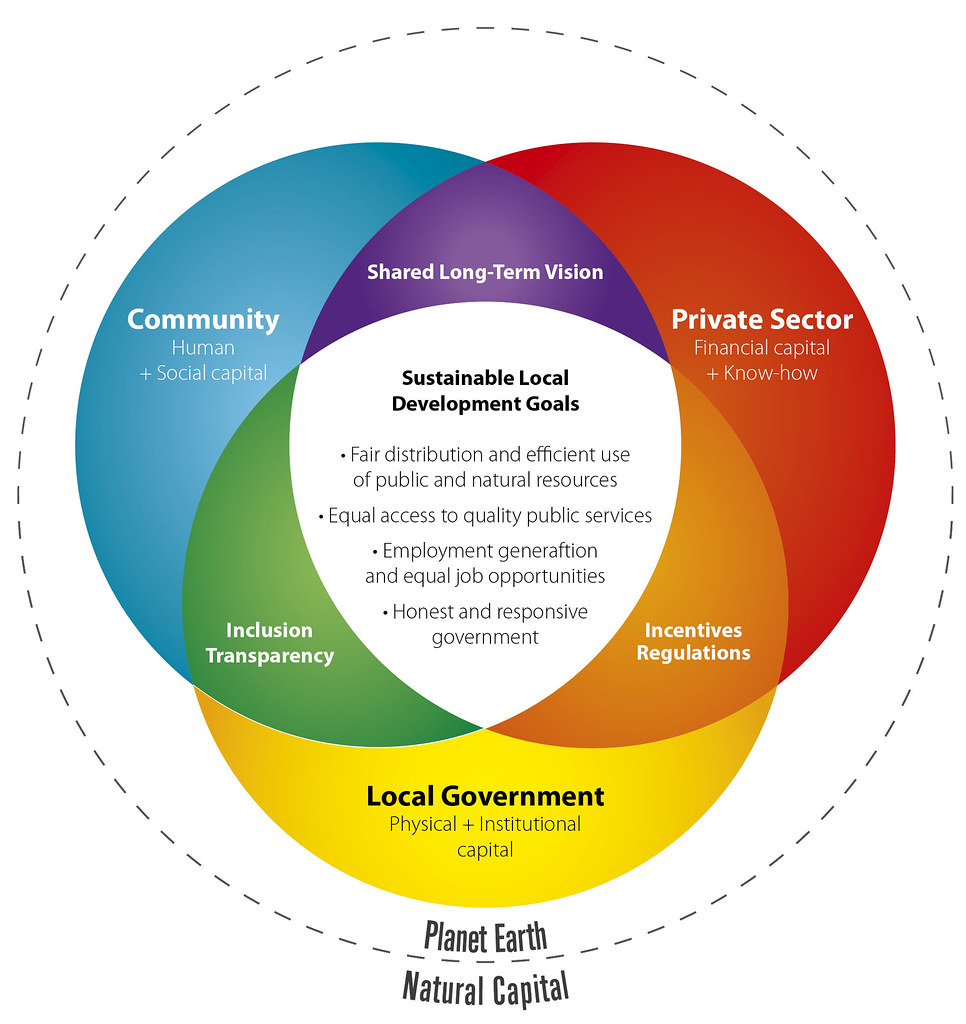
Petrochemicals play a vital role in various industries, including manufacturing, healthcare, and agriculture.
However, the production and use of petrochemicals have significant environmental impacts. To mitigate these
concerns and ensure a sustainable future, the industry must adopt key strategies that prioritize sustainability
without compromising productivity or profitability.
1. Embracing Renewable Feedstocks
One essential strategy for sustainable petrochemical practices is the adoption of renewable feedstocks. By
reducing dependence on fossil fuels, companies can minimize greenhouse gas emissions and decrease their
ecological footprint. Investing in research and development of material alternatives derived from biomass,
solar energy, or waste streams is crucial to promote a circular economy and reduce reliance on finite
resources.
2. Optimizing Energy Efficiency
Energy-intensive processes are inherent to petrochemical manufacturing. However, focusing on energy efficiency
and optimizing production processes can contribute significantly to sustainability. Implementing advanced
technologies such as cogeneration, heat integration, and process optimization algorithms can help reduce energy
consumption and minimize environmental impact. Additionally, utilizing renewable energy sources for operation
can further enhance sustainability.
3. Implementing Circular Economy Initiatives
A transition towards a circular economy is paramount in sustainable petrochemical practices. This involves
reducing waste generation, promoting product recycling and reusability, and developing innovative methods to
recover valuable materials from discarded products. Implementing closed-loop systems, fostering collaboration
across the value chain, and engaging with consumers to embrace sustainable product life cycles are essential
steps towards achieving a more circular petrochemical industry.
4. Prioritizing Responsible Waste Management
Proper waste management is a critical aspect of sustainable petrochemical practices. Companies must implement
effective waste reduction strategies, invest in advanced treatment facilities, and adopt responsible disposal
practices to minimize environmental contamination. Emphasizing the recycling and reprocessing of waste materials
is essential to reduce reliance on landfills and promote a more sustainable approach to waste management.
5. Continuous Research and Innovation
Continuous research and innovation are key to driving sustainable practices within the petrochemical industry.
Investing in research and development of green technologies, reducing production inputs, finding eco-friendly
catalysts, and developing new, sustainable products are essential for long-term industry sustainability. Public
and private collaboration in funding research initiatives can accelerate the development and adoption of
sustainable technologies and support the transition towards greener practices.

By implementing these key strategies, the petrochemical industry can make significant progress towards achieving
sustainable practices. Adopting renewable feedstocks, optimizing energy efficiency, embracing a circular
economy, prioritizing responsible waste management, and focusing on research and innovation are necessary steps
to ensure a more sustainable and environmentally friendly future.





